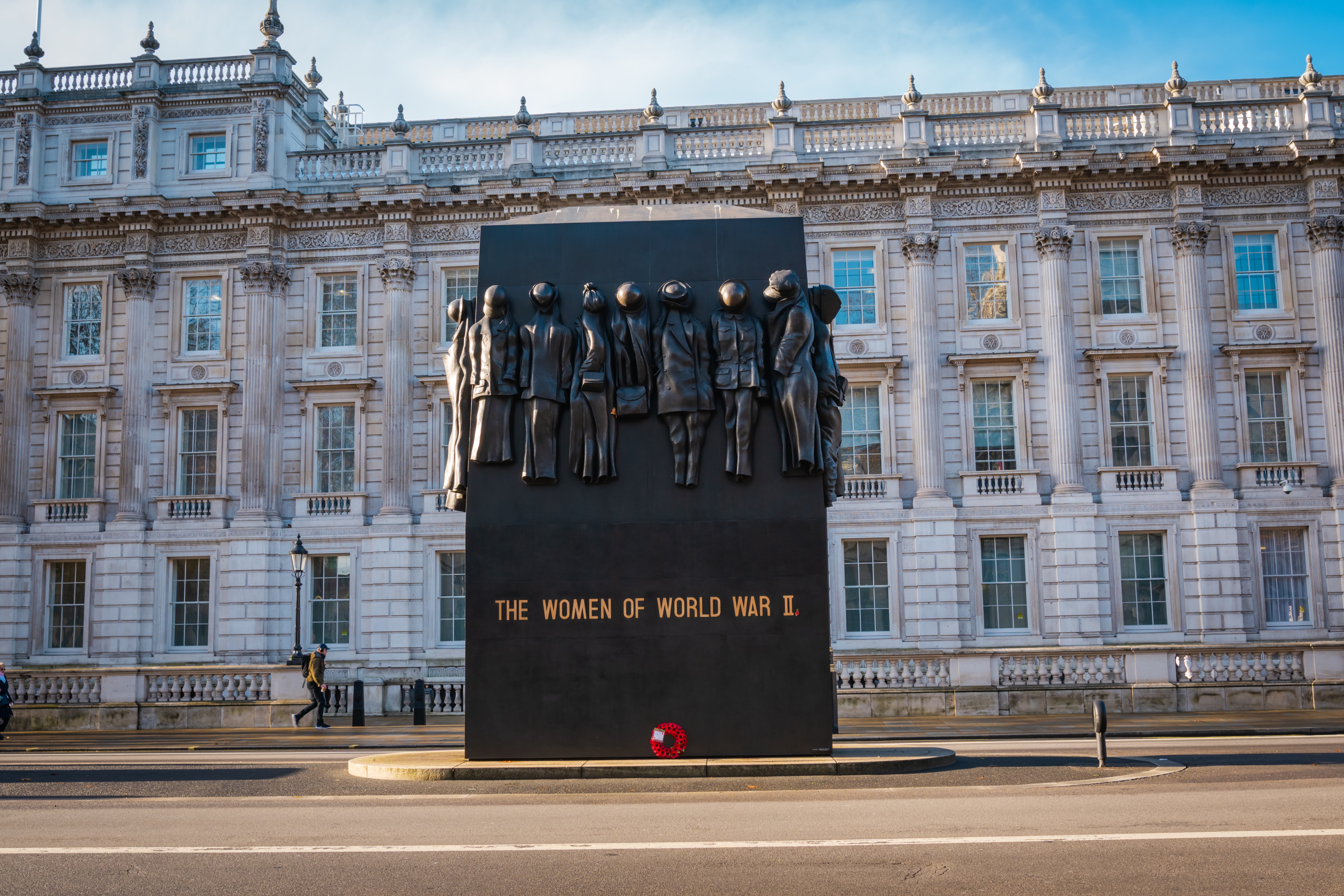When people discuss gender and the impact of war, you would be forgiven for believing war had a phenomenal, positive impact on the status and rights of women during 20th century wars. However, war had both a temporary positive impact and negative impact on gender roles.
Women were typically seen as the domestic caregiver, traditionally reserved for the domestic sphere and home life, whose purpose was to bear and raise children. However, some women worked, and at the beginning of the 20th century, working class women were working in some factories and middle class women in the service or domestic sector. War halted society in a variety of ways, and gender norms and gender progression was one.
Roles changed as men were expected to serve in the war effort, leaving their homes and fighting abroad. This left the women at home, and they were required to fill in for the men, such as on the farms and factories. These were typically roles reserved for men and granted exposure to women of ‘masculine’ roles. This exposure arguably granted them greater liberty and helped them attain greater status and rights in society, like the right to vote.
The war had an ‘illusionary’ aspect to wartime change on women’s status and rights (Michel et al, 1987). Although the war granted women with new opportunities and exposure to different types of work outside the home, this opportunity was limited, devalued and temporary. The newfound status acquired during the war moreover was not wholly accepted and women had to challenge stereotypes and discrimination also.



